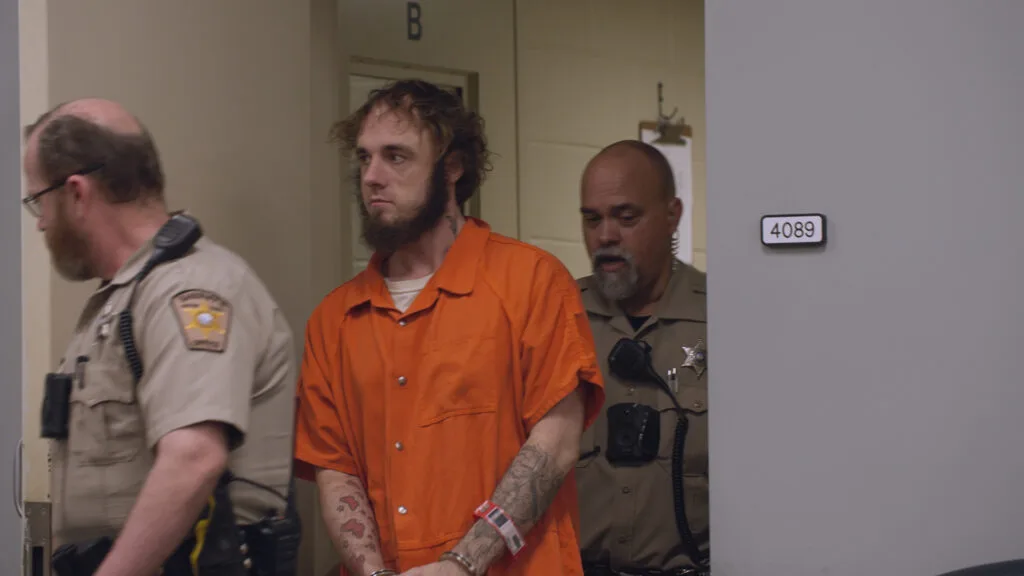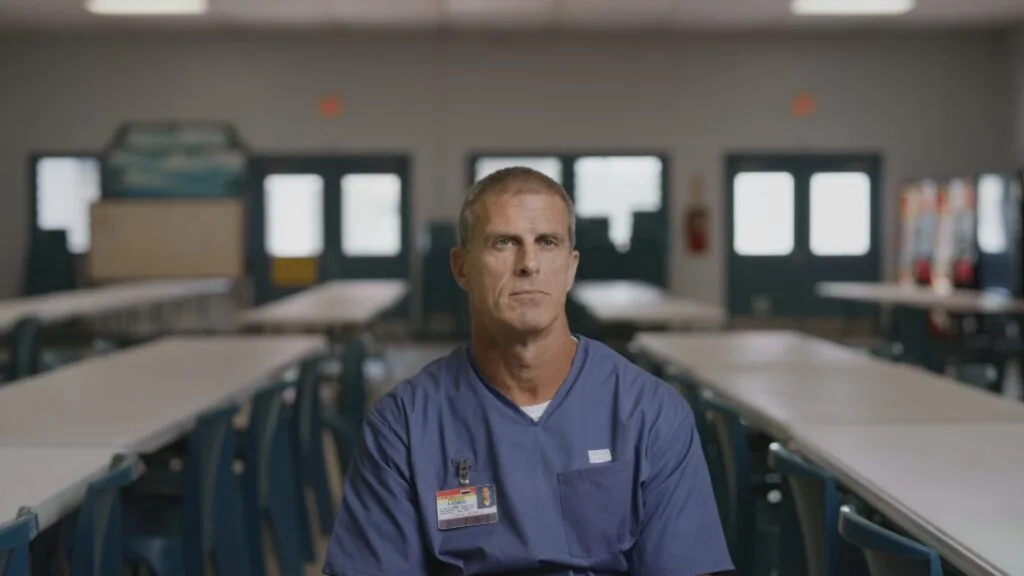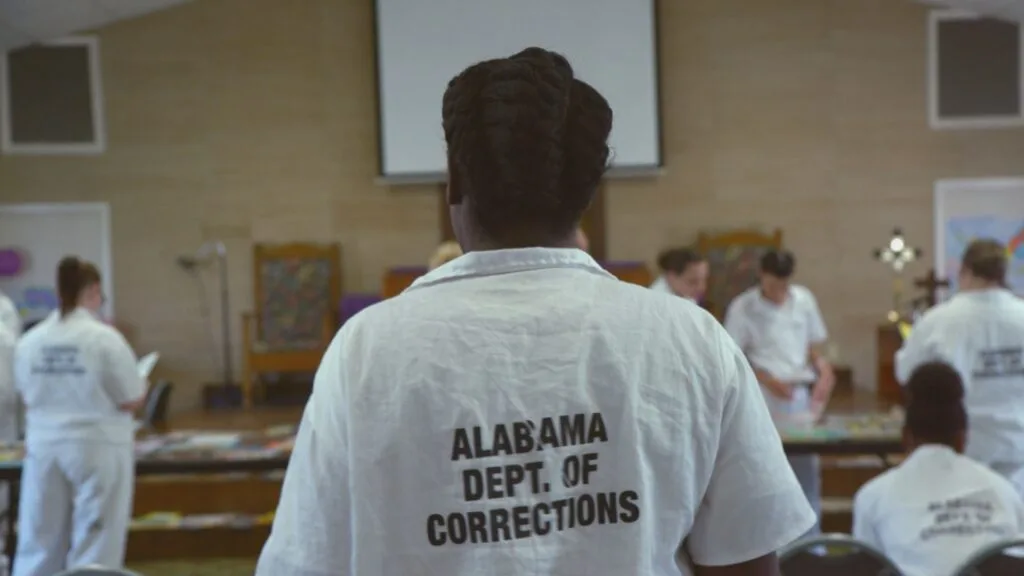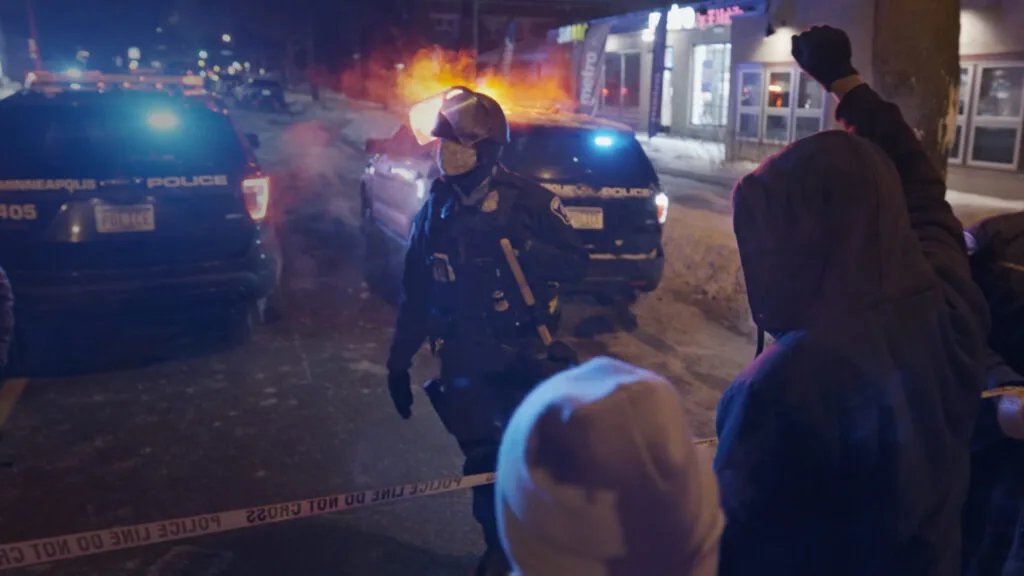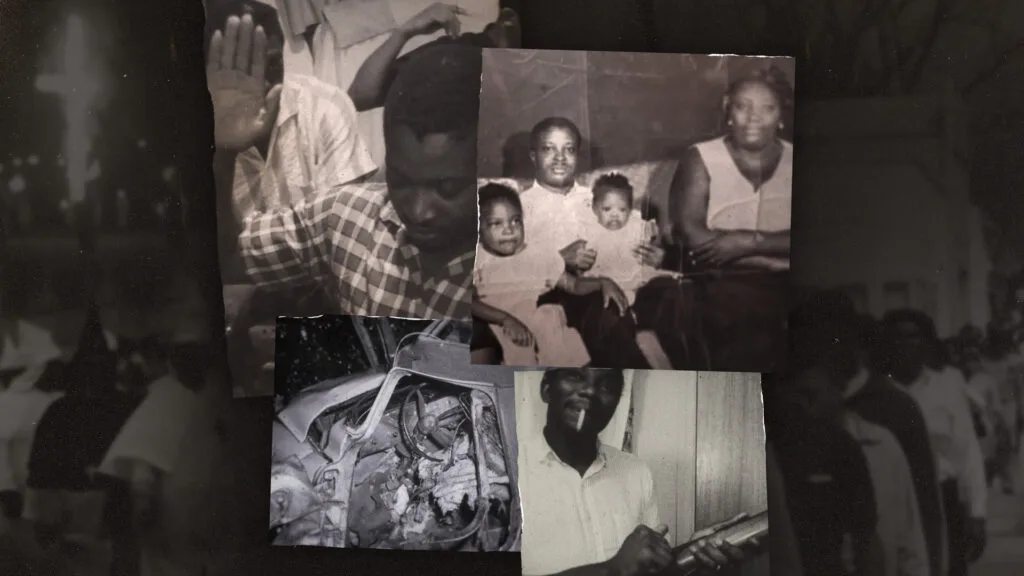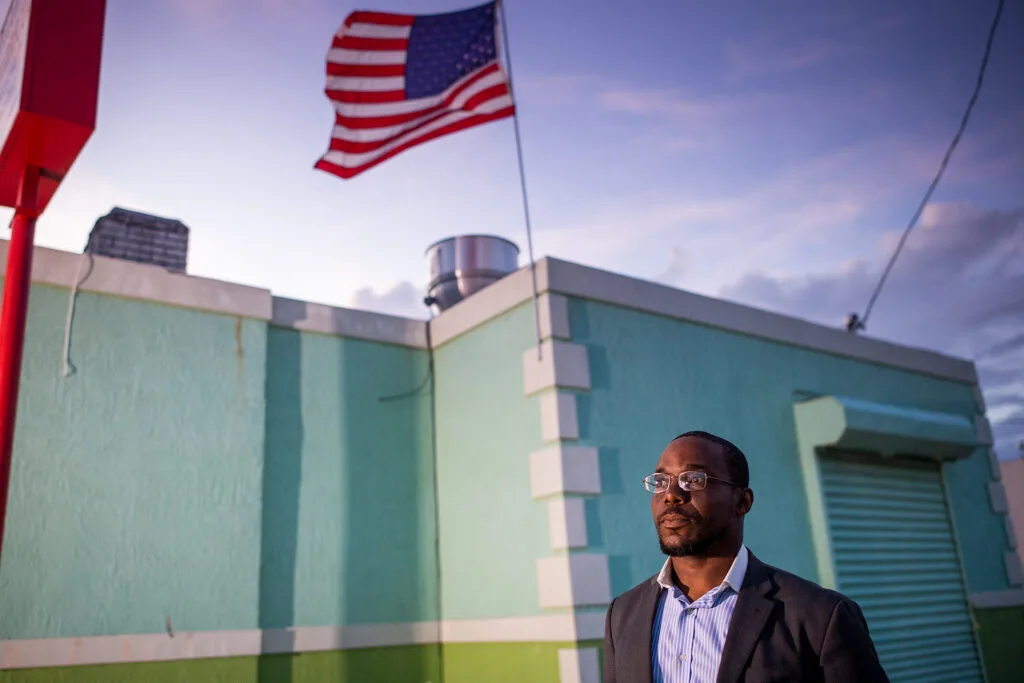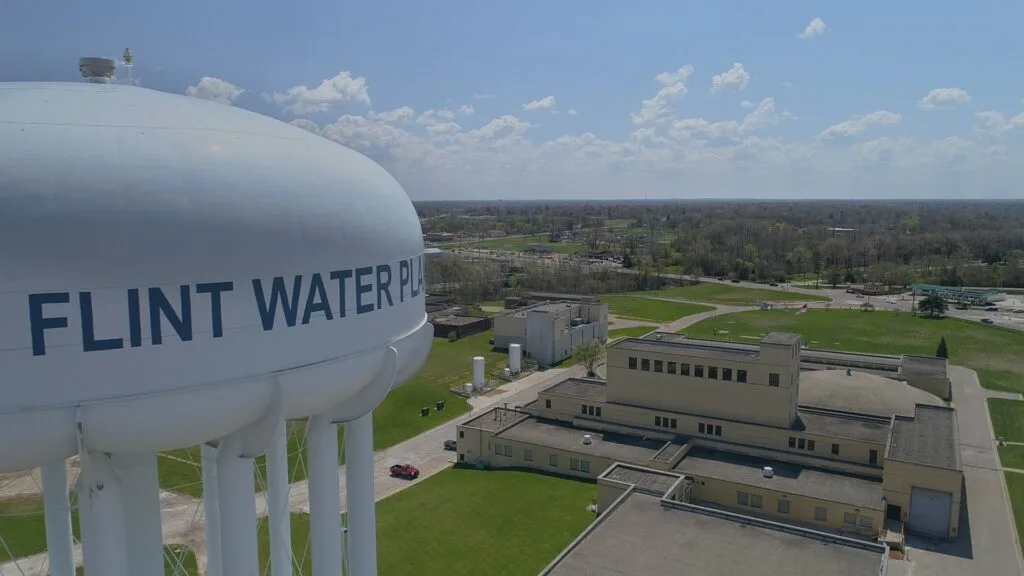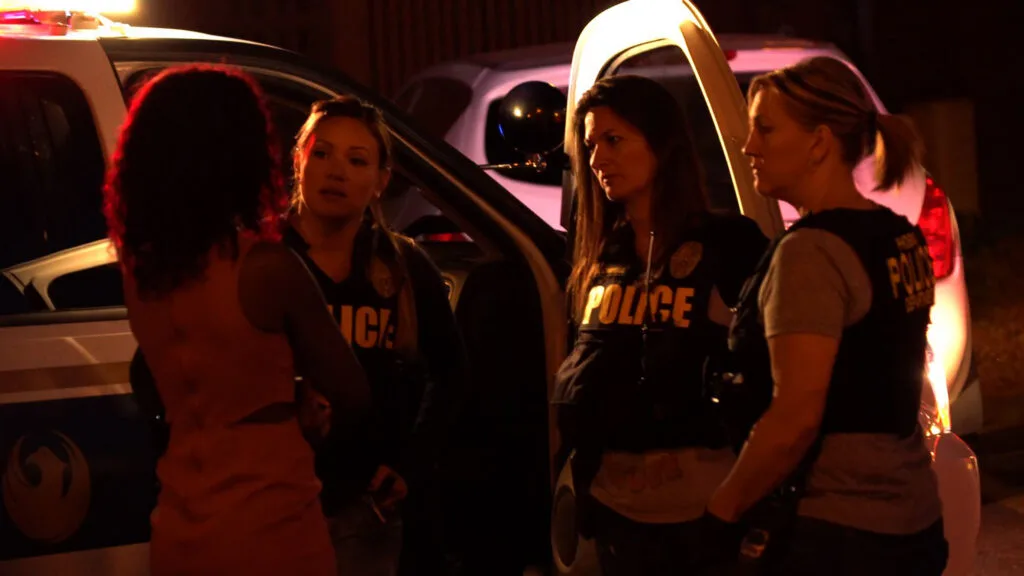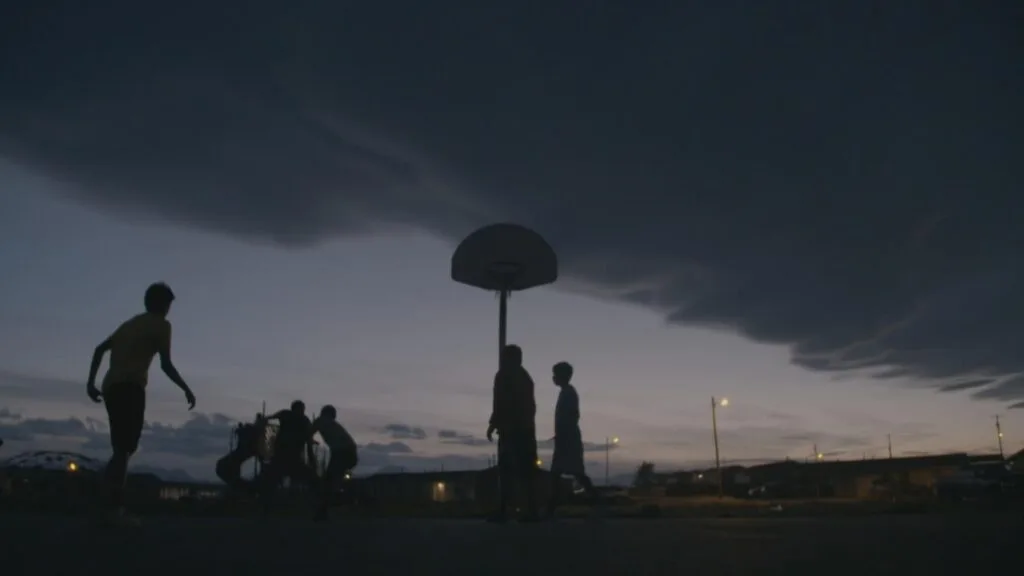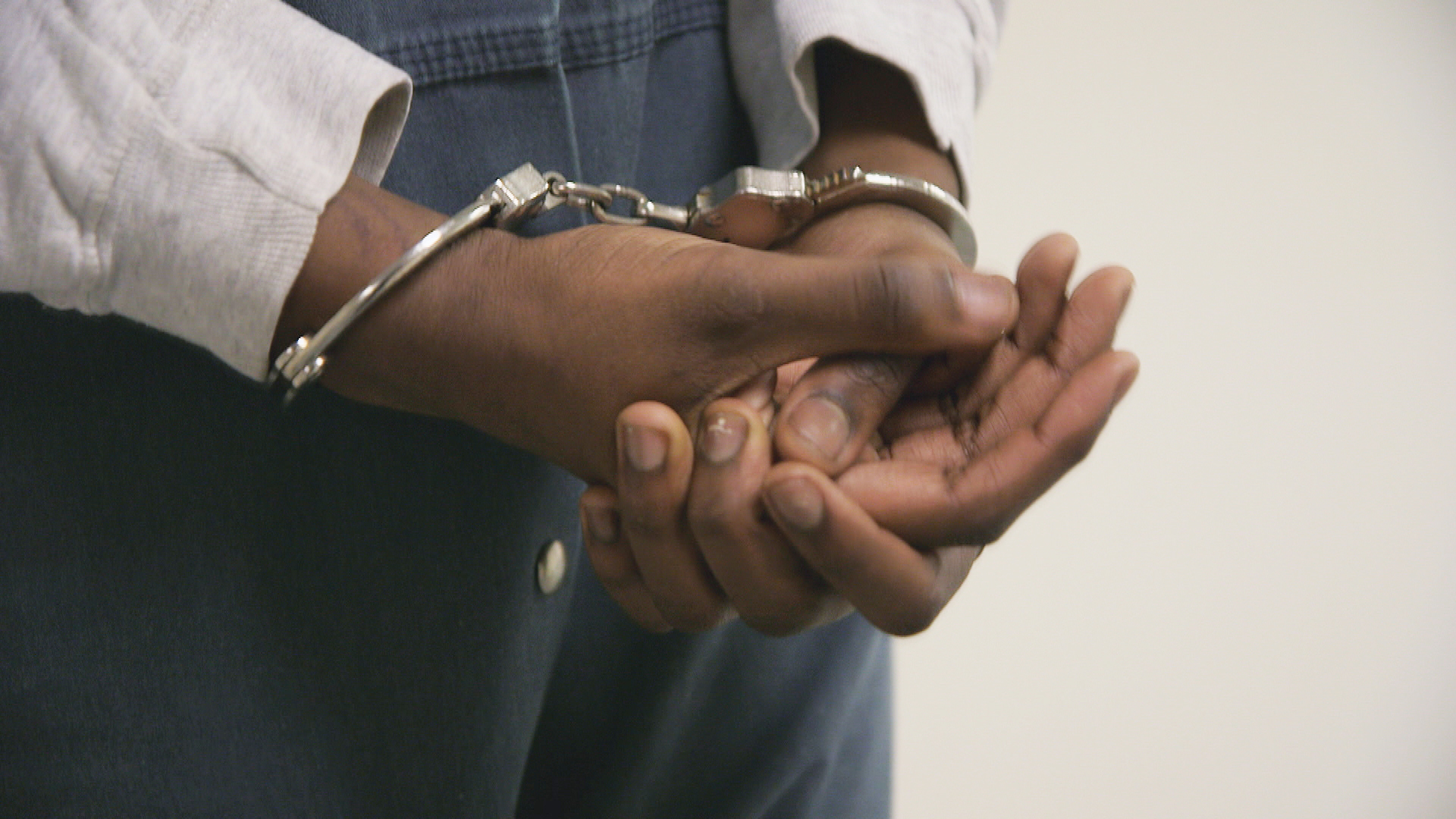Justice Department Probes Another “School-to-Prison Pipeline”

April 1, 2015
Share
The Justice Department is investigating how a Texas county punishes kids for missing school, targeting what civil-rights advocates call the school-to-prison pipeline: policies that disproportionately rout certain children — primarily blacks and Latinos — out of class and into the juvenile justice system.
In Texas, failure to attend school, or truancy, is a criminal offense punishable by fines up to $500, plus court costs. Judges also have wide discretion in levying additional penalties. They can order children to attend counseling or perform community service, or even wear an ankle monitor or drop out of school entirely.
That policy, and the way it is applied, disproportionately harms low-income children, blacks and Latinos and those with disabilities, according to a report released in 2013 by Texas Appleseed, a nonprofit advocacy group that has sought federal intervention in the state. Kids who miss too much school aren’t always just playing hooky, though. They may have other reasons for not being in class, such as homelessness or having to care for other family members.
Research suggests that incarcerating young people is often ineffective, and can actually make them more likely to commit another crime. Those findings, and a desire to cut high incarceration costs, have led several states to rethink the way they handle juvenile offenders.
The Justice Department investigation of Dallas County, announced this week, will focus on whether the truancy court and the juvenile district courts there provide due process for all children in the system. The county prosecuted approximately 20,000 cases of truancy last year, according to the Justice Department.
“Ensuring that children’s rights under the Constitution and federal law are protected during the court process is a key step to dismantling the school-to-prison pipeline,” said Vanita Gupta, acting assistant attorney general of the DOJ’s Civil Rights Division. “We hope to work cooperatively with the county in determining whether it has taken steps to ensure that its juvenile and criminal courts fully respect the rights of the children who come before them.”
The county is already working to implement some reforms, and will cooperate with the investigation, Clay Jenkins, the Dallas County judge, told the Dallas Morning News in a statement.
“We remain committed to giving every student their best chance at staying in school and graduating,” he said. “My office is working collaboratively with reformers to improve the state laws that control the system, provide new protections for disabled students, make expunction of truancy records automatic, and lower fines and penalties.”
The DOJ has concluded two other investigations into how young people are treated in other jurisdictions. In April 2012, the department found that the juvenile court of Memphis and Shelby County, Tenn., and Shelby County’s detention center failed to provide due process for children swept up in its system, and that it regularly discriminates against black children.
Four months later, federal officials uncovered a system in Meridian, Miss. in Lauderdale County, that regularly violates the constitutional rights of children, almost all of them African-American. The investigation found that the Meridian Police Department regularly arrests youths without probable cause who have been referred by the school — even for minor offenses like using profanity or disrespecting a teacher. The Lauderdale County Youth Court and the state Division of Youth Services then, eschewing due process, rout them to juvenile detention facilities. In this system, children are expelled and suspended at disproportionately high rates.
In December 2012, federal officials reached a settlement agreement with the Tennessee court to implement reforms, including establishing a public defender unit for juveniles, and policies that prohibit the use of restraints for children, and adopted a plan to prevent suicide and encourage juvenile development while in detention. The court also agreed to study why minorities are disproportionately represented at key stages in the juvenile justice system.
The DOJ also entered into an agreement with the Meridian public school district in 2013 to address racial discrimination in student discipline. The department is still working to reach a settlement with the court system.
Meanwhile, a 2013 report by the Mississippi Coalition for the Prevention of Schoolhouse to Jailhouse suggested that school-to-prison pipelines in that state extend well beyond the city of Meridian.
Related Film: Prison State
Follow two young girls caught up in the juvenile justice system, as well as the broader impact of the cycle of incarceration on the African-American community.

Related Documentaries
Latest Documentaries
Related Stories
Related Stories
Explore
Policies
Teacher Center
Funding for FRONTLINE is provided through the support of PBS viewers and by the Corporation for Public Broadcasting, with major support from Ford Foundation. Additional funding is provided the Abrams Foundation, Park Foundation, John D. and Catherine T. MacArthur Foundation, Heising-Simons Foundation, and the FRONTLINE Trust, with major support from Jon and Jo Ann Hagler on behalf of the Jon L. Hagler Foundation, and additional support from Koo and Patricia Yuen. FRONTLINE is a registered trademark of WGBH Educational Foundation. Web Site Copyright ©1995-2025 WGBH Educational Foundation. PBS is a 501(c)(3) not-for-profit organization.
